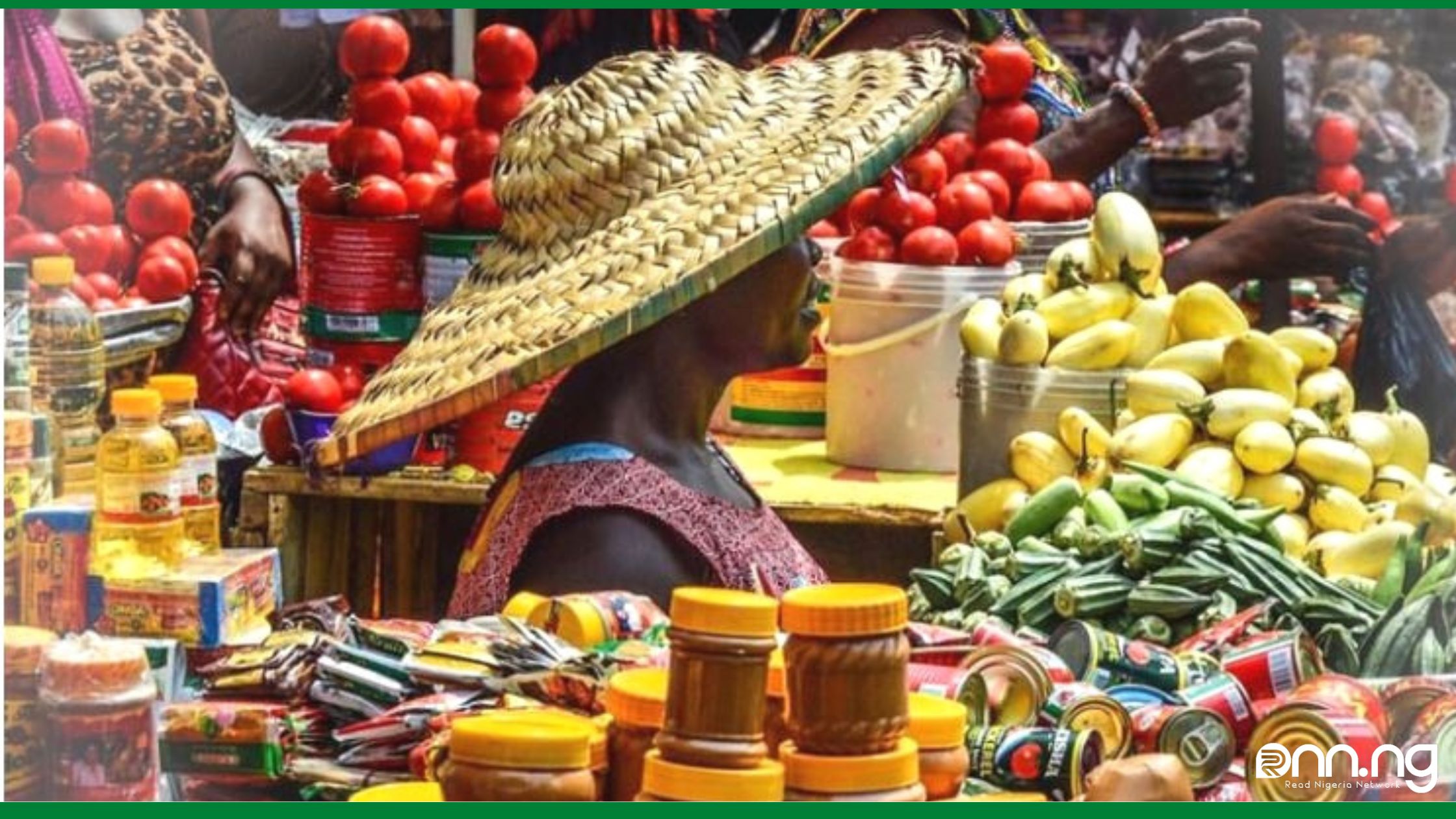Business News
Inflation: Nigeria’s minimum wage of N30k is now valued at N19.3k – World Bank
The Bank stated that that the cumulative inflation between 2019 and 2022 was 66%, citing that Nigeria’s minimum wage in nominal value in…

According to the World Bank, Nigeria’s 2019 minimum salary of N30,000 is now equivalent to N19,355 after discounting for current inflation.
The World Bank made this announcement at its Thursday Nigeria Development Update and Country Economic Memorandum in Abuja.
They recommended the Nigerian government improve investment stimuli including trade, electricity generation, and financial access.
The Bank noted that the nominal minimum wage in Nigeria in 2019 was N30,000, or $82 in dollar terms and that the total inflation between 2019 and 2022 was 66%.
According to the World Bank, “the real minimum wage in naira in 2022, after discounting for inflation, is N19,355” In dollar terms, “after discounting for both inflation and exchange rate depreciations,” it will be $26 in 2022.
“The exchange rate on the parallel market declined from N367 to N760,” they continued.
They also disclosed that there have been seven major assessments of Nigeria’s growth over the past 20 years, ranging from deteriorating macroeconomic stability to excessive reliance on oil exports:
- Since Nigeria’s Macrostability Index score is 30 points lower than that of sub-Saharan Africa, which has a score of 90, macroeconomic stability has been progressively declining over the past ten years.
- They claimed that the rate of reforms was directly related to the economy of Nigeria’s past growth performances.
- Nigeria’s over-reliance on oil exports and lack of large and mid-sized formal productive enterprises have hampered economic diversification.
- Nigeria’s pace of structural change and job creation is slow.
- Value added is lowered as a result of employment growth not occurring in the subsectors with the highest labor productivity growth.
- Economic stagnation makes it difficult to reduce poverty.
- The Bank stated that in order to determine a new economic trajectory, a prioritized set of measures would be required.
The rate of inflation in Nigeria increased to 21.47% in November from 21.09% in October, marking the tenth straight month of growth since the year’s beginning. The inflation rate in Nigeria has now reached its highest level since September 2005, when it was 24.32%.
The NBS claims that the continuing currency depreciation and an overall increase in the cost of production are to blame for the increase in the year-over-year inflation rate. Import costs have increased as a result of this.
READ MORE: Nigeria’s inflation rate increased to 21.47% in November 2022
Source: Nairametrics
